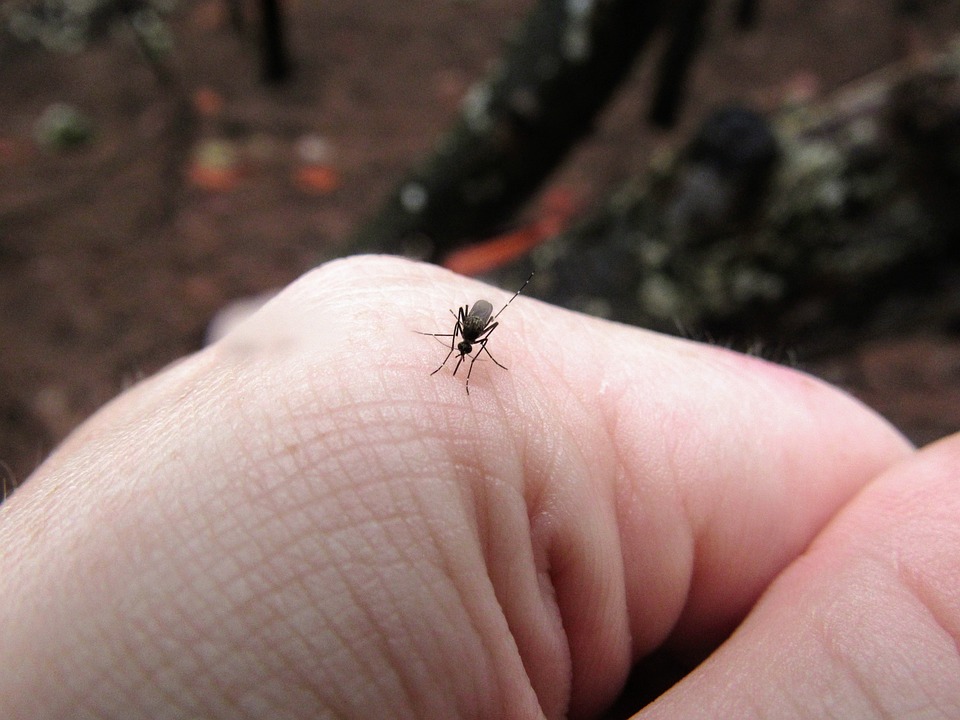The Impacts of Climate Change on Human Health
The Impacts of Climate Change on Human Health
Chan Man-yee Eliza
May 2024
Climate change affects our physical and mental health, both directly and indirectly.
As the climate warms, heatwaves are becoming more frequent and more intense. The risks of heat-related illnesses such as dehydration, heatstroke, heat exhaustion and cardiovascular diseases also escalate as a result. Heatwaves can lead to hospitalizations and even deaths. During 1998-2017, over 166,000 people died globally due to heatwaves. In the summer of 2022, more than 61,000 people in Europe died from heat-related causes. During 1980-2017, the 150 most populated cities on Earth experienced a 500% increase in exposure in extreme heat events. Moreover, studies have shown that heatwaves can lead to stress, anxiety, mood and behavioral disorders, and even suicide.
Geographical regions suitable for the transmission of mosquito-borne diseases are expanding due to increasing global temperatures. According to the World Health Organization, the number of dengue fever cases increased significantly from 500,000 in 2000 to 5.2 million in 2019. Global warming is one of the factors contributing to the growth of global dengue fever burden since 1950. Malaria incidences are also observed to shift to higher altitudes as the climate warms.
Anthropogenic climate change has led to an increase in the frequency and intensity of heavy rainfall over most land areas in recent decades. Rising temperatures and heavy rainfall increase the risks of diarrhoeal diseases such as cholera, particularly in areas with poor sanitation conditions. High air and water temperatures, as well as longer summer seasons increase the chances of food poisoning too.
Under global warming, heatwaves, heavy rainfall, floods, and droughts are becoming more frequent and more severe, impacting agricultural productivity and freshwater availability. Ocean warming, acidification and deoxygenation affect fisheries. Declined food availability can lead to malnutrition and even famine.
By 2050, it is projected that climate change-related health impacts such as heat, malnutrition, malaria, and diarrhea will cause an additional 250,000 annual deaths globally compared to the average of 1961-1990. If we can actively save energy and reduce greenhouse gas emissions in our daily lives, achieving global carbon neutrality as early as possible, the impacts of climate change on human health can be reduced.

References:
[1] IPCC: Sixth Assessment Report Climate Change 2022, Impacts, Adaptation and Vulnerability Chapter 7
[2] WHO: Heat and Health
[3] WHO: Heatwaves
[4] Ballester, J., et al. 2023: Heat-related mortality in Europe during summer of 2022
[5] WHO: Dengue - Global situations
[1] IPCC: Sixth Assessment Report Climate Change 2022, Impacts, Adaptation and Vulnerability Chapter 7
[2] WHO: Heat and Health
[3] WHO: Heatwaves
[4] Ballester, J., et al. 2023: Heat-related mortality in Europe during summer of 2022
[5] WHO: Dengue - Global situations